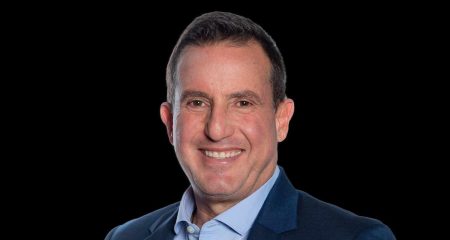
A fallout between top executives at Eskom took a new turn, with the utility’s CEO accusing its now-suspended chief procurement officer of facilitating R8-billion of deals with a company suspected of fraud.
Eskom concluded the fuel oil supply contracts with Econ Oil & Energy even though a probe commissioned by the utility found there was reason to suspect its sole director, Nothemba Mlonzi, had a corrupt relationship with senior Eskom manager Thandi Marah. Both Marah and Mlonzi have declined to comment.
Solly Tshitangano, the procurement officer, has been charged by Eskom with “failing to investigate alleged overcharging and corrupt practices by Econ,” André de Ruyter, the utility’s CEO, said in a 29 March affidavit to the parliament’s public accounts committee. Tshitangano allowed the deals to go ahead “despite receiving legal advice that such contracts should not be concluded, and a request from me to heed such advice,” he said.
Tshitangano has accused De Ruyter of racism because of the way black suppliers to Eskom are allegedly treated, and Eskom’s board has ordered a probe into the allegation. The altercation comes as Eskom struggles to service its R464-billion debt pile and supply sufficient electricity to meet the nation’s needs from its old and poorly maintained plants.
A call to Tshitangano’s mobile phone went directly to voicemail and he didn’t immediately respond to a request for comment or to a text message.
Probe
The forensic probe, carried out by the legal firm Bowmans, found that Mlonzi acceded to requests from Marah to make donations to groups including the ANC. Econ Oil overcharged Eskom by R1.2-billion between 2012 and 2016, according to a presentation prepared by Nerina Otto, the utility’s acting group executive for legal and compliance.
Tshitangano “inexplicably” did not inform Econ of the allegations against it or ask the company to respond to them, De Ruyter said. “Tshitangano’s insinuation that under my authority, Eskom treats white-owned entities differently from black-owned entities is entirely without basis.” — Reported by Antony Sguazzin and Loni Prinsloo, (c) 2021 Bloomberg LP




